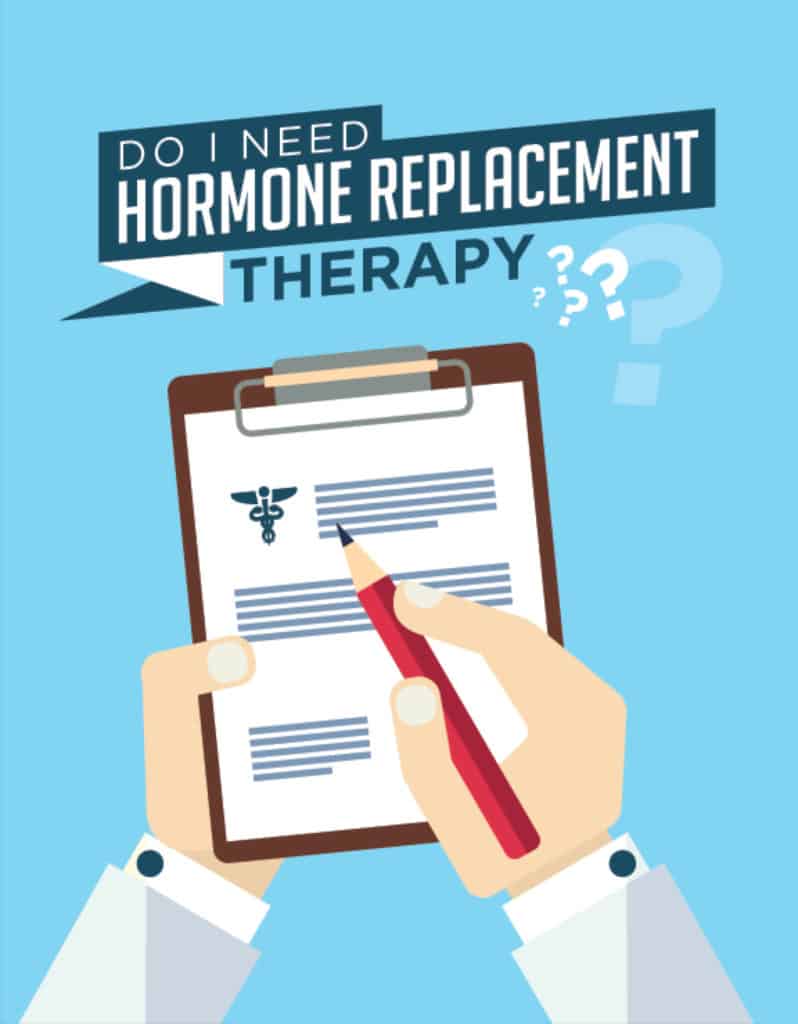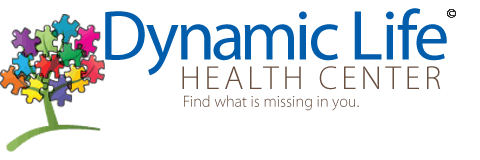2020 marks not only the beginning of a new year, but also of a new decade! After the celebrations die down, it’s time for positive new beginnings and many people make New Year’s resolutions to lose weight, be healthier, or work on personal goals. However, it’s not uncommon for resolutions to fade as you get back into routine life.
If this happens to you, you’re not alone. Studies show that while about 45% of Americans make resolutions, only about 8% keep them. The question then, is why is it that we start out with good intentions, but end up setting ourselves up for failure? Is it that we are overly ambitious? Or, that we are just too vague about what we want to accomplish? These things can certainly contribute to not achieving our goals, but there is more to it. One thing to keep in mind, is that when the clock strikes midnight on New Year’s Eve, and a new year begins, it’s still just another day on the calendar. This in and of itself, is not going to change habits without some additional thought and planning.
How to Set Realistic New Year’s Resolutions
Whenever a new patient comes into our office with a list of different symptoms, it would be nice to just wave a magic wand or prescribe the perfect medication to make them all better. But it doesn’t work that way. Functional medicine is the practice of getting to the root of the problem(s) and treating them from all angles which include mind, body, and soul. This involves spending time with the patient, scientific lab testing, and creating a treatment plan based on all of the above. To be successful at New Year’s resolutions, a similar approach should be taken:
- First, take some time to write down your resolutions, and then spend some time deciding what steps are needed to get you there.
- Take baby steps. For example, if you want to stop eating processed foods or cut down on sugar, you don’t have to make this an all or nothing endeavor to reach your goal. Focus on the objective and work your way up to elimination, week by week.
- Don’t punish yourself. You are much less likely to stick to your resolutions if you feel deprived. If you ate a piece of cheesecake last night, fine. Don’t abandon the big picture or beat yourself up. Just keep moving forward. Try some healthier choices to begin with and eat as much of those as you’d like. Within a short time, you will begin to feel better and have more energy, which works as a reward!
-
Resolutions Avoid tempting situations. For example, if you are trying to quit smoking or drinking, don’t engage in activities that trigger your habits.
- Think of different activities that you can do that will provide you with the same result. You don’t have to join a gym to get more exercise. Find walking trails or parks where you can start off slow and work your way up as your endurance increases. A big bonus of being outside is that you’ll also get a healthy dose of Mother Nature which is good for mind, body, and spirit. If you are really out of shape, or have disabilities preventing you from doing things like this, there are other things to do to get you moving, such as a chair yoga class.
- Don’t get so busy that you forget what you are trying to accomplish! Put positive affirmation notes around the house where you can see them. Create mantras to repeat throughout the day to keep you focused.
- Believe in yourself and give yourself kudos for making small changes along the way. As long as you continue to take steps in your journey, you’re on the right path!
- Setting up a rewards system is also helpful to stay on track. For example, allow yourself a day to eat what you want. Eating healthier six days out of seven will do much more for your health than having an all or nothing mindset.
- Rest when you need to. If your goal is to eat better and exercise more, be sure and include extra time for rest. Getting good quality sleep is the cornerstone of good health and disease prevention. Plus, you’ll be more likely to stay on track with your other goals if you’re not making decisions from a place of exhaustion.
- Try and avoid negative people or situations which act as triggers to derail your progress; actively practice self-love and self-care.
- Use a daily planner to track what you are doing, whether that be good or bad. Sometimes seeing the habits that you’re keeping written down on paper help motivate you for change. As you watch your behavior change on your planner, you’ll feel an incredible sense of accomplishment, even with the small things.
Set SMART Goals
You can tailor your resolutions to work harder for you by using the SMART method. Students, entrepreneurs, business people, and creatives all use the SMART method to come up with realistic goals.
SMART stands for:
- Specific – your goal should be as specific as possible in order for you to visualize the end result.
- Measurable – If you can’t measure your progress, you may not feel motivated. Additionally, you may be cheating yourself out of celebrations for progress made!
- Attainable – your resolution should be achievable and realistic. If you have a particularly lofty goal, break it into more manageable chunks to avoid setting yourself up for failure.
- Relevant – is this goal the right fit for you right now? For example, you may want to start getting more exercise, but perhaps that old sports injury isn’t completely healed. It might be better to find a good physical therapist first.
- Time-bound – set target dates for completions of your goals. Often times, when you’re dealing with resolutions, that should be the end of the next year. However, once you’ve established new habits, they are likely to stay with you in the years that follow!
With a fully thought-out and planned goal, you’ll have both the tools and the incentives to keep working towards it, which you will need to stay on the wagon.
Incorporate Mindfulness into Everyday Life

According to the Mayo Clinic, “Mindfulness is a type of meditation in which you focus on being intensely aware of what you’re sensing and feeling in the moment, without interpretation or judgement. Practicing mindfulness involves breathing methods, guided imagery, and other practices to relax the body and mind and help reduce stress.” Click here for ways to incorporate mindfulness into your daily routine.
It can be a form of kindness towards yourself, and it’s also been shown to help patients achieve specific goals. You can use mindfulness to examine your thoughts and feelings in specific instances when your resolve begins to falter. It can go hand in hand with New Year’s resolutions since your resolutions should help to empower you and enhance vitality, and not leave you feeling defeated.
Get Your Hormone and Nutritional Levels Checked

- Mood swings
- Depression/anxiety
- Weight gain or inability to lose weight
- Fatigue
- Insomnia
- Migraines or headaches
- Lack of motivation
- Decreased libido
- Hair loss
- Loss of muscle mass
- Decreased memory or “brain fog”
- Dry skin
- Digestive issues
- Skin rashes
- Joint pain
If there are imbalances, bioidentical hormone replacement therapy is the safest way to reduce your symptoms and set you up for success. Additionally, some hormone imbalances such as low thyroid or insulin resistance can making losing weight almost impossible.
Equally, nutritional deficiencies can alter your energy levels, mood, and cognitive function, regardless of how healthy you eat.
A Functional Medicine Approach
Dr. Berutti is Board-Certified in Internal Medicine and Functional Medicine. The practice of Functional Medicine is an integrative approach to health and looks at underlying causes. The focus is on restoring health to its natural balance and disease prevention.
At the Dynamic Life Health Center, Dr. Berutti will spend the necessary time with you to determine your individual needs. Additionally, her routine lab work is tailored for you, and include testing for hormonal imbalances and key health markers so that all of the pieces of the puzzle can be put together to determine what is really at the bottom of issues you are experiencing.
Other testing is dependent on your individual health history and symptoms so that the appropriate treatment protocols can be implemented. She can also help guide you to make any lifestyle and nutritional changes so that you can restore your health and reclaim your vitality and meet your New Year’s resolutions!
For More Information Call Us at 817-539-6168
Or fill in the inquiry form below and tell us the best way to reach you.
Contact
"*" indicates required fields


Leave a Reply